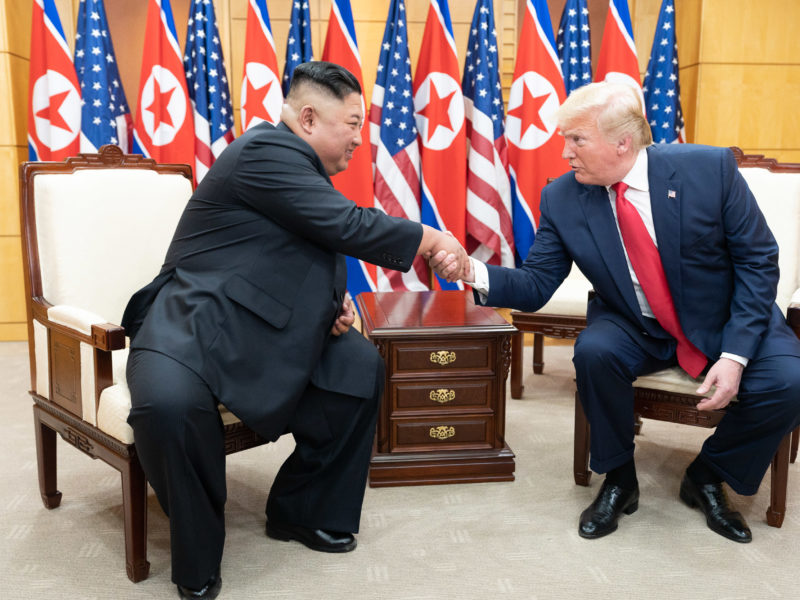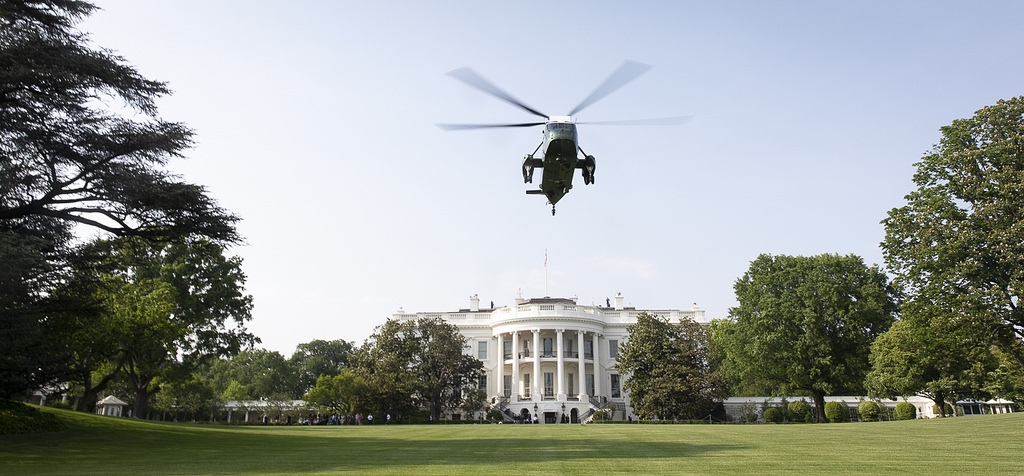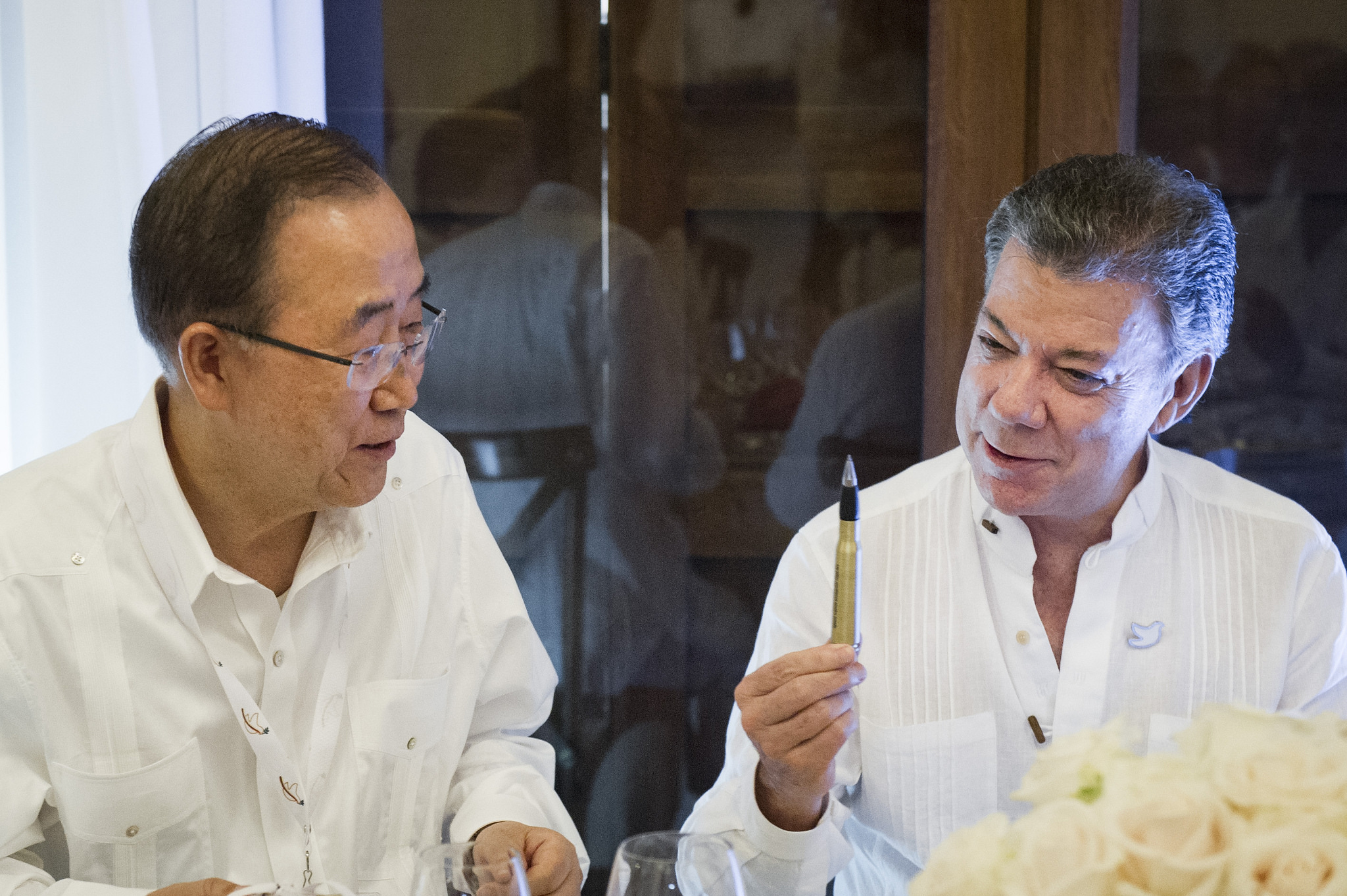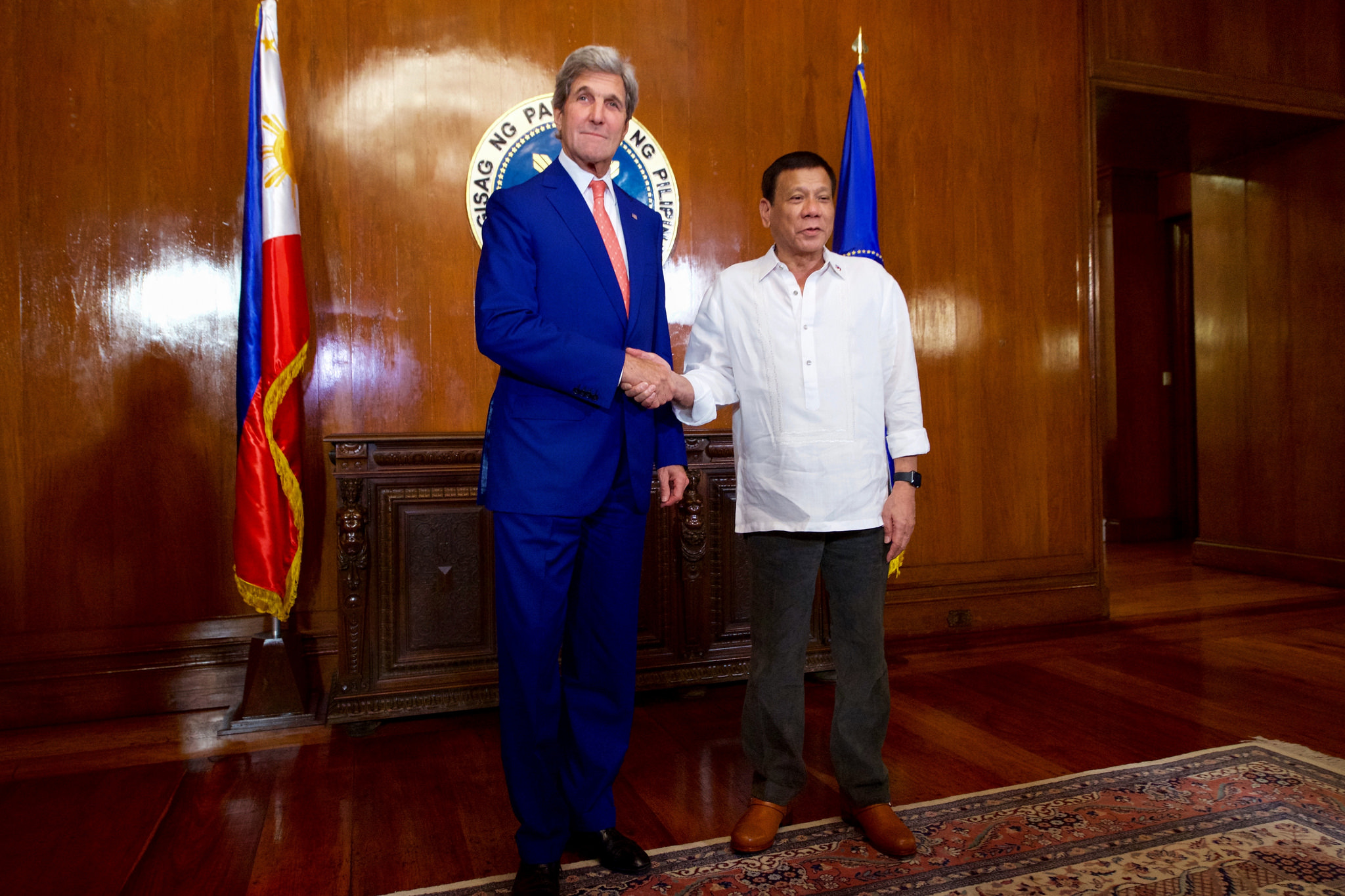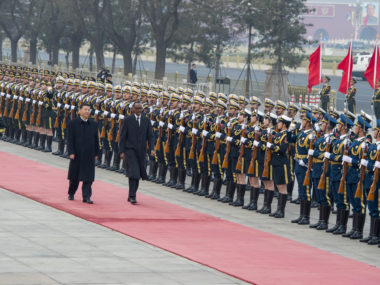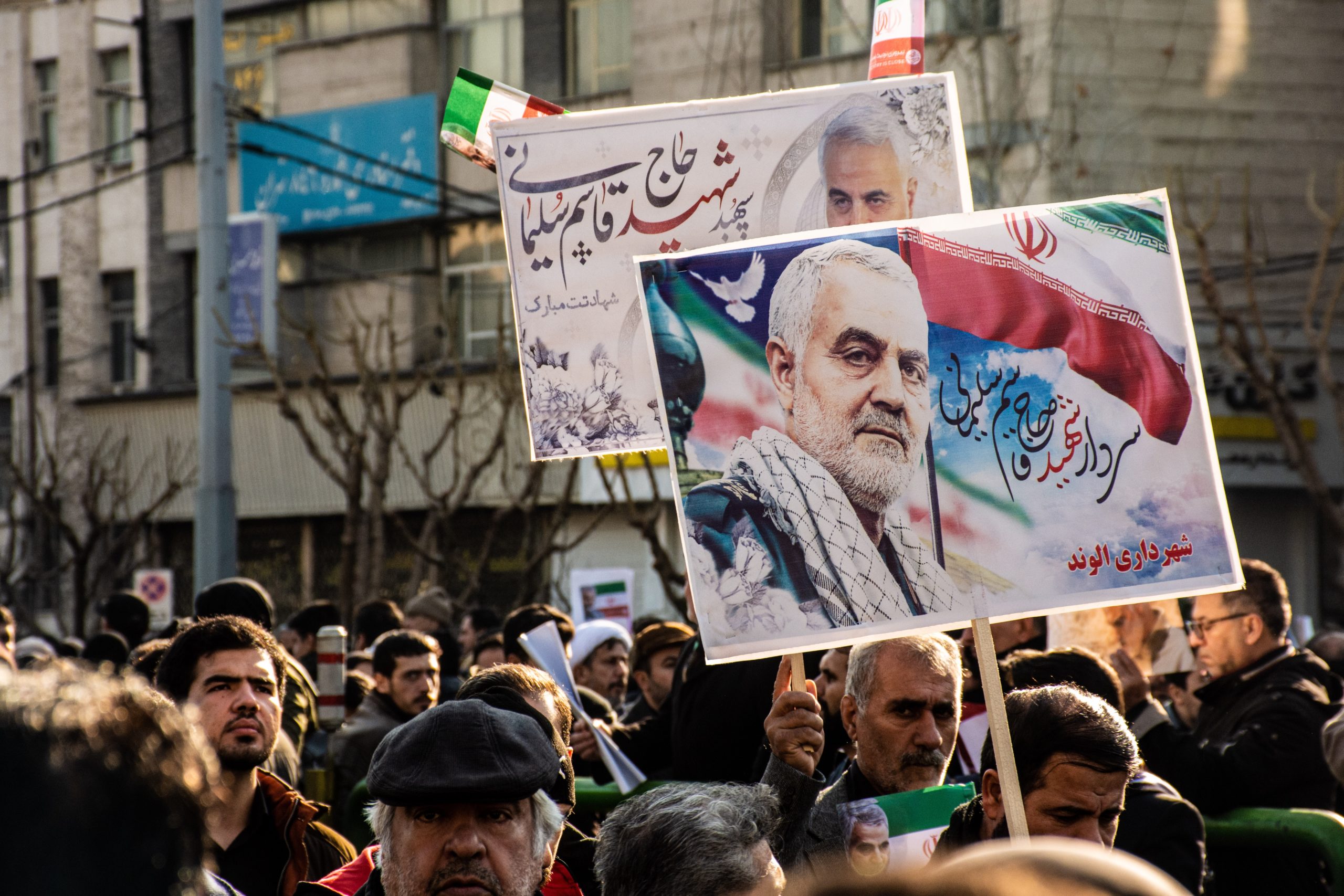Guest post by Filippo Costa Buranelli
Is the world experiencing an authoritarian backlash? Is democracy receding while authoritarians accrue power, visibility, and legitimacy in international politics?
Signs of authoritarianism can be seen across the globe—great powers such as Russia and China, and influential regional states such as Brazil, India, and Turkey, all display authoritarian traits. Illiberal platforms and parties are on the rise in Europe, as well. A disdain for democratic pluralism, equality of people, immigration, participatory politics, and women’s rights are openly hailed as the right path forward, in what seems to be a truly transnational philosophy.
Academic research calls this “the third wave of autocracy,” and “authoritarian diffusion,” and recent data support this trend: according to Democracy Without Borders, there are 87 democratic states globally compared to 98 a decade ago. “For the first time since 2001, a majority of all states worldwide are no longer under democratic rule,” says the annual Varieties of Democracy report.
In my research on Central Asia, where autocracies have been resilient for the past 30 years, I find that authoritarianism can become normative across countries—that is, it can be seen as appropriate and legitimate—when two mechanisms of socialization are in play: mimicry and praise. The former is the adoption of authoritarian practices from another authoritarian context (e.g., suppression of civil and political rights), while the latter refers to discourse that legitimizes authoritarian governance—for example, congratulating an autocrat for a rigged election.
A question of growing concern is whether the United States is becoming an authoritarian state and whether the US will help to legitimize authoritarianism across the globe.
President Trump and his acolytes have implemented a number of authoritarian practices over the past four years, with an eerie nod to the Eurasian context. The reliance on friends, family members, and members of his business circles to administer the state resembles the neo-patrimonial practices found in Tajikistan, Kazakhstan, Uzbekistan, and beyond, where the distinction between the private and the political is blurred. Trump has fostered the rise of a “sultanistic” power structure in the GOP, where the party largely abandons its core principles to support whatever the leader wants. This is evident in the GOP’s decision not to create a 2020 platform. Instead, it confirmed that “the Republican Party has and will continue to enthusiastically support the President’s America-first agenda.” As in Central Asia, the party and the president are closely interdependent.
With voting already underway in the US, Trump has made abundant references to “forces” willing to sabotage the democratic vote; has dismissed the value of pluralism and democratic procedures; and has made real attempts to rig the vote by hampering mail-in voting. Long before voting began, Trump raised doubts about the election’s integrity, and at a campaign rally in Nevada last month, he declared, “the Democrats are trying to rig this election because that’s the only way they’re going to win.”
Pointing to unnamed “third forces” and demonizing the opposition is a classic authoritarian technique. In the case of Tajikistan, for example, the main opposition party has been made illegal. While Trump refers to far-left fascism, Tajikistan’s Rahmon refers to “terrorism,” and Kazakhstan’s Nazarbayev, when in power, referred to “extremism” when describing opposition parties.
Trump’s grandiosity and hyperbole also mimic Central Asian leaders. Trump was recently hailed as the “protector” of the American people by the RNC, in an unsettling reference to Turkmen President’s paternalistic and hierarchical title of Arkadag (incidentally, ‘Protector’). Trump’s approach to the media is also similar to what can be found in the Central Asian region as well as other authoritarian contexts—creating personalized, partisan media outlets, and declaring media sources that challenge his views “enemies of the people.”
Praise is the other enabler of the institutionalization of authoritarianism. Admiration for strongmen, authoritarian practices, and illiberal models of governance reinforce the idea that authoritarianism is not taboo—but should be encouraged. Trump has praised Hungary’s Viktor Orbán; the Philippines’ Duterte; Turkey’s Erdogan; and even Kim Jong Un, about whom Trump said in 2018: “[Kim] is the head of a country and I mean he is the strong head… He speaks and his people sit up at attention. I want my people to do the same.”
Could the US become a true authoritarian state? The federalized US system, where states offer a pivotal check on federal power, might make that possibility unlikely, as Sarah Churchwell recently noted. Moreover, the US is not situated in an authoritarian “regional ecology” as the Central Asian republics are; there is less opportunity for diffusion of authoritarian ideas and practices than in the tightly knitted regional context of Eurasia.
But Trump’s words and deeds are contributing daily to the slow erosion of the democratic international liberal order and to the institutionalization of authoritarianism world widely. Great powers like the US are global role models; their ability to influence the diffusion of practices far exceeds small authoritarian powers like Tajikistan. The Trump administration’s actions can therefore have significant consequences.
Similarities between the increasing illiberalism in the US and the consolidated authoritarian practices in Central Asia have been met with irony and a certain complacency. But the step from complacency and complicity is often very, very short.
Filippo Costa Buranelli is a Lecturer in International Relations at the University of St Andrews, UK.

